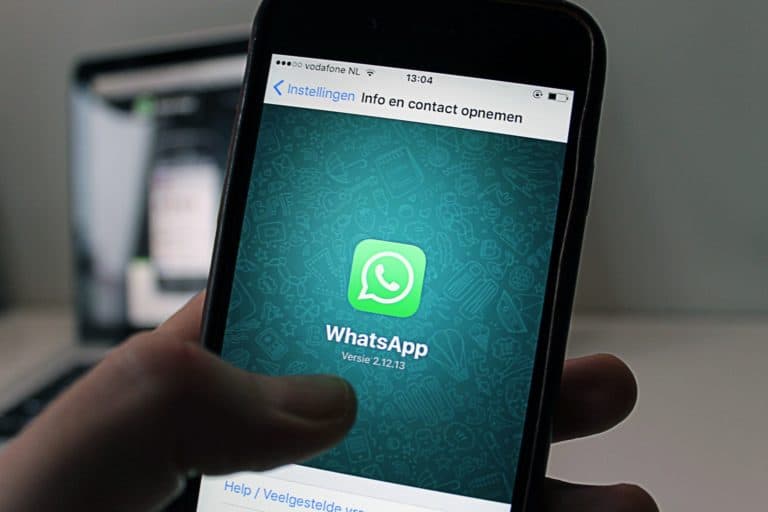Brian Acton, co-founder of WhatsApp, left parent company Facebook ten months ago. A reason for his departure was not given. Now, for the first time, Acton is giving Forbes an insight into his reasons for leaving the company.
WhatsApp was founded in 2009 by Acton and Jan Koum. In 2014, Facebook acquired the company for 19 billion dollars. But Acton didn’t know what to expect, as he hardly spoke to Facebook CEO Mark Zuckerberg.
Earn money
Later it turned out that Facebook mainly wanted to make money through advertisements. However, Acton and Koum are champions of privacy and do not want the platform to know too much about its users. However, Facebook had decided to start earning money via WhatsApp in two ways.
The first way was to show targeted ads in the app’s new Status feature. However, Acton did not agree: “Targeted advertising is what makes me unhappy”. Facebook also wanted to sell business tools to allow companies to chat with users. Once companies paid, Facebook hoped to sell them analytics tools as well.
The problem, however, is that WhatsApp has end-to-end encryption, which meant that the messages could not be read by Facebook. According to Acton, Facebook did not intend to stop encryption, but managers did ask about ways to provide companies with analytical insights from users in an encrypted environment.
Acton had another idea. He suggested that users should pay one-tenth of a penny if a certain number of free messages ran out. “You build that once and work in every country. You don’t need an advanced sales department. It’s a fairly simple matter,” says Acton. But Sheryl Sandberg, COO of Facebook, rejected the plan.
Shares
Last September, Acton was brought to the Zuckerberg office. There was talk of a clause in the contract stating that Acton and Koum would receive all their shares – which were distributed in 4 years – if Facebook started “implementing initiatives to make money”, without agreeing to it.
In September, Acton had already announced its intention to resign. When he arrived at Zuckerberg’s office, there was a lawyer present. Acton made it clear that the disagreement over making money through advertising meant that he would get all his shares. The lawyer disagreed, because WhatsApp only investigated initiatives and did not “implement” them. Zuckerberg simply said, “This is probably the last time you’ll talk to me.”
Acton finally decided not to fight back. “In the end, I sold my company. He announced his departure in September 2017.
Signal
When he left, Acton said he was going to work on a non-profit. That turns out to be Signal, which got $50 million from Acton and was converted into a charity. Now he’s working with the same people who set up the encryption protocol that is part of Signal and protects WhatsApp’s 1.5 billion users.
This news article was automatically translated from Dutch to give Techzine.eu a head start. All news articles after September 1, 2019 are written in native English and NOT translated. All our background stories are written in native English as well. For more information read our launch article.